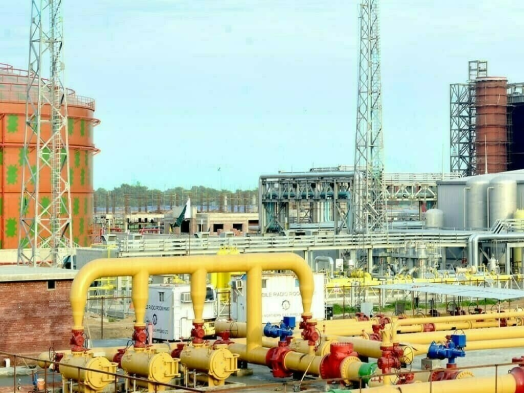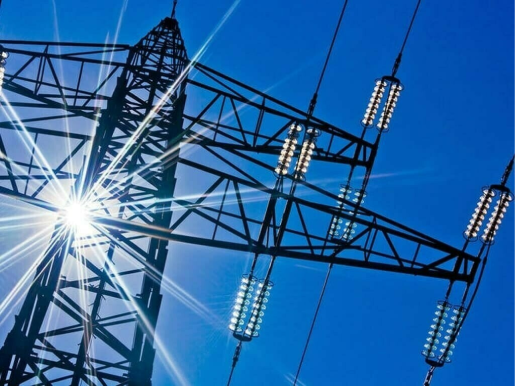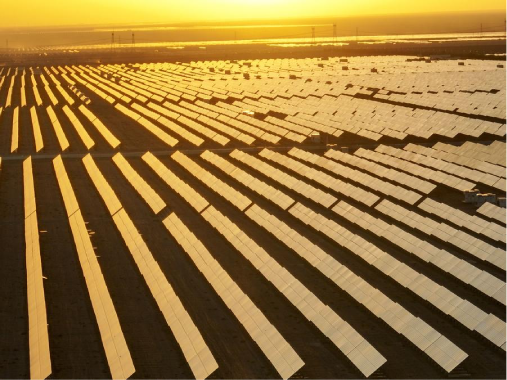A sharp worsening in relations between Australia and China could threaten a deal that would have seen Woodside Petroleum sell a stake in a natural gas field and in the $16-billion Scarborough liquefied natural gas project.
The chief executive officer of Woodside, Peter Coleman, told Reuters in an interview that the talks for the stake sales had been suspended several months ago, adding that he still hoped they will be resumed after the diplomatic row is resolved.
The row erupted when Australia insisted on an international inquiry into the origin of the coronavirus that first appeared in China, which signaled the start of a trade war that has been affecting more and more Australian industries.
According to the Financial Times, the dispute has put under threat as much as $4.6 billion worth of Australian exports to China. The latter is Australia’s largest trading partner, which gives Beijing quite a strong hand. So far, the country has imposed tariffs on some Australian export products, curbed others, and now has extended into LNG.
“The Chinese were one of the potential purchasers of upstream equity in Scarborough and they’ve come back to us and said at this point in time they are unable to participate in an equity sale process,” Woodside’s Coleman told the Australian Financial Review, adding the Chinese negotiators were “worried about a number of issues, including FIRB [Foreign Investment Review Board] approval, and you’re seeing that with a number of Chinese investors coming into Australia and we’re not unique in that situation”.
“China has upheld a pragmatic attitude to actively pursuing economic and trade relations with all trade partners,” assistant minister of commerce Li Chenggang told media this week. “Everyone knows that both sides need to overcome and push to establish a healthy relationship. As to the behaviour of Australia, Australia should know more clearly than us [what it needs to do],” he added as quoted by the South China Morning Post.
Australia is China’s biggest supplier of liquefied natural gas, accounting for some 40 percent of total imports in September, according to Reuters. But China is better placed to find alternative suppliers than Australia is to find alternative buyers.





